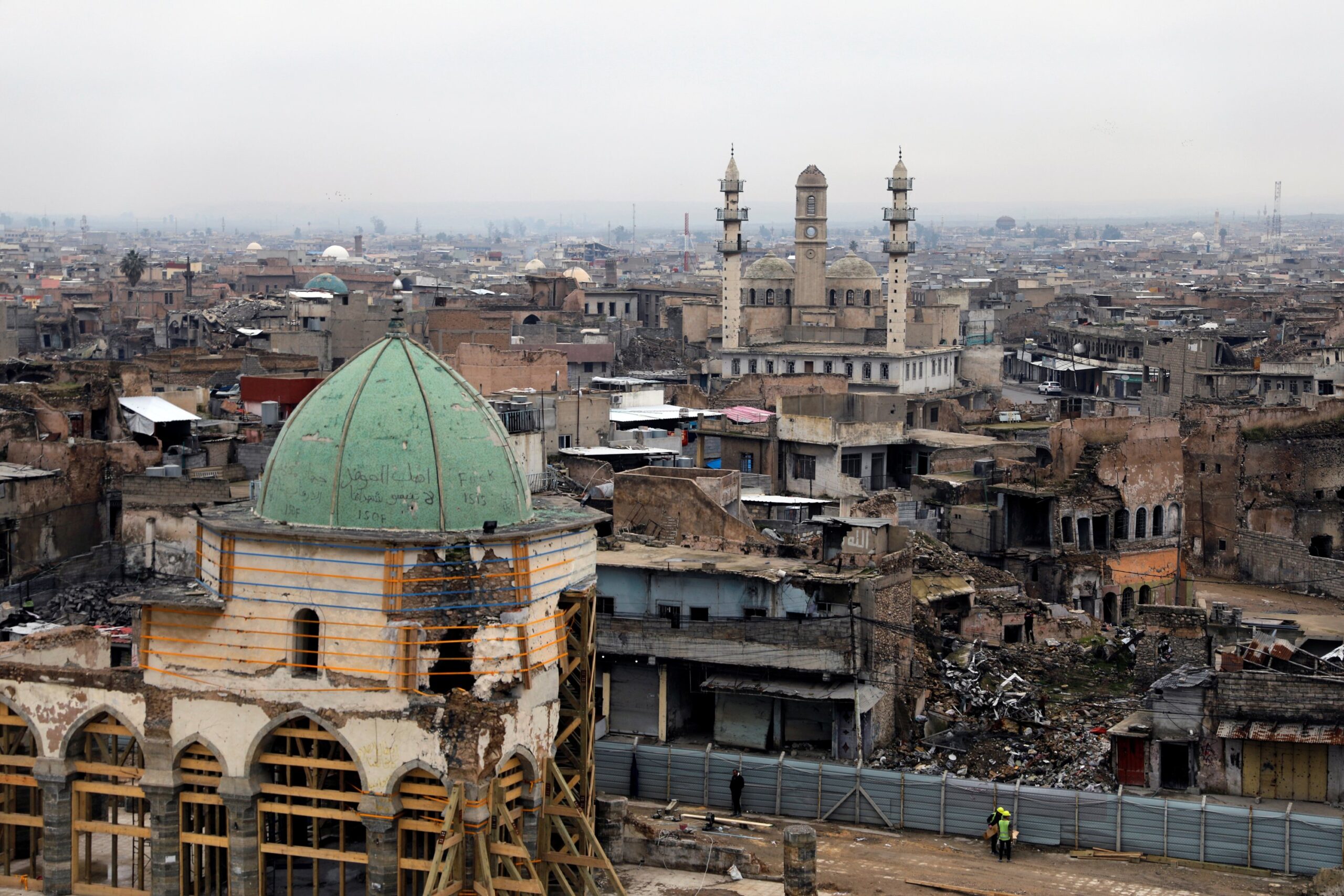Iraq, a land steeped in ancient history and religious significance, offers a profound spiritual journey for those seeking to explore their faith. The country is home to numerous sacred sites and historical landmarks that are deeply revered by various religious communities, including Muslims, Christians, and Jews. For many, a religious visit to Iraq is not just a journey through a historical landscape, but a meaningful pilgrimage that connects them with their spiritual heritage. Here’s why these visits hold such immense importance:
Spiritual Enrichment and Reflection

A visit to Iraq provides an unparalleled opportunity for spiritual enrichment and reflection. The country’s sacred sites are imbued with a deep sense of history and devotion. For Muslims, Iraq houses some of the most revered shrines, including the shrine of Imam Ali in Najaf and the shrine of Imam Hussein in Karbala. These sites are pivotal in Shia Islam and visiting them offers a chance to reflect on the profound historical and spiritual narratives associated with these figures. Similarly, Christians can visit places like the Chaldean Cathedral in Baghdad or the ancient Monastery of Saint Matthew in the Nineveh Plains, which are significant in the history of Christianity in the region.
Historical Connection and Heritage

Iraq’s religious sites are intertwined with the region’s rich history, offering visitors a tangible connection to the past. The land is considered the cradle of several ancient civilizations and is central to the narratives of many religious traditions. For instance, the ancient city of Ur is not only a crucial archaeological site but also holds religious significance as the birthplace of the Prophet Abraham, a pivotal figure in Judaism, Christianity, and Islam. Exploring these historical sites allows visitors to gain a deeper understanding of their religious heritage and the historical context of their faith.
Strengthening Faith and Community Bonds

Religious pilgrimages to Iraq can strengthen one’s faith and reinforce community bonds. The shared experience of visiting sacred sites with fellow pilgrims fosters a sense of unity and collective spirituality. For Muslims, participating in rituals and prayers at significant shrines in Iraq can be a deeply moving experience, reinforcing their connection to their faith and community. Similarly, Christian pilgrims visiting ancient churches and monasteries can experience a profound sense of belonging and spiritual rejuvenation.
Cultural Exchange and Understanding
Traveling to Iraq for religious reasons also facilitates cultural exchange and understanding. Interacting with local communities provides insights into the diverse religious practices and traditions that coexist within the country. This exchange fosters mutual respect and deepens one’s appreciation of different cultural and religious perspectives. For instance, engaging with local worshippers and learning about their traditions can enrich one’s own understanding of their faith and its practices.
Preservation of Sacred Sites
Many of Iraq’s sacred sites have faced challenges due to historical conflicts and modern-day issues. By visiting these sites, pilgrims contribute to the preservation and protection of these important cultural and religious landmarks. Tourism can provide vital support for the maintenance and restoration of these sites, ensuring that they remain accessible to future generations. This support is crucial for the ongoing preservation of Iraq’s rich religious and cultural heritage.
Personal Growth and Transformation
A pilgrimage to Iraq can be a transformative experience, offering personal growth and a renewed sense of purpose. The act of traveling to sacred sites, engaging in spiritual practices, and reflecting on religious teachings can lead to a deeper understanding of oneself and one’s faith. For many, the journey is an opportunity for personal introspection, spiritual renewal, and a strengthened commitment to their religious beliefs.
Bridging Historical and Modern Faith Practices
Visiting Iraq allows individuals to bridge the gap between historical religious practices and contemporary faith expressions. By walking in the footsteps of revered figures and participating in ancient rituals, visitors gain a greater appreciation for how religious practices have evolved over time. This connection to both historical and modern aspects of faith enriches the overall spiritual experience.
Religious visits to Iraq offer a profound journey of faith, history, and cultural exchange. They provide an opportunity for spiritual enrichment, strengthen community bonds, and contribute to the preservation of sacred sites. Whether seeking personal reflection, historical connection, or cultural understanding, a pilgrimage to Iraq is a meaningful and transformative experience. As visitors explore the sacred landmarks of this historically rich land, they engage with their faith on a deeper level, gaining insights and experiences that resonate for a lifetime.

